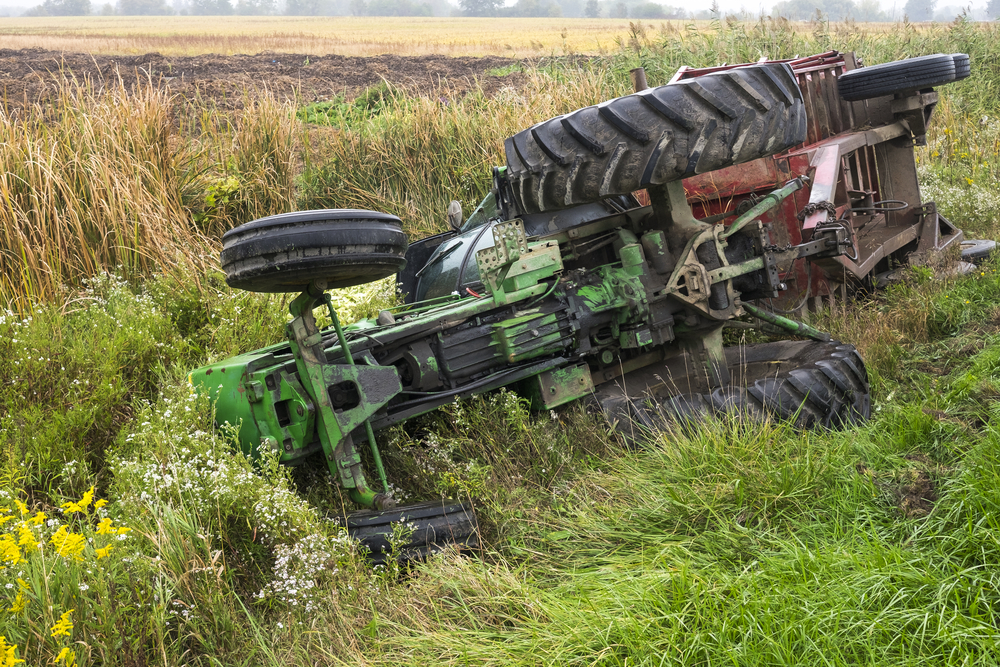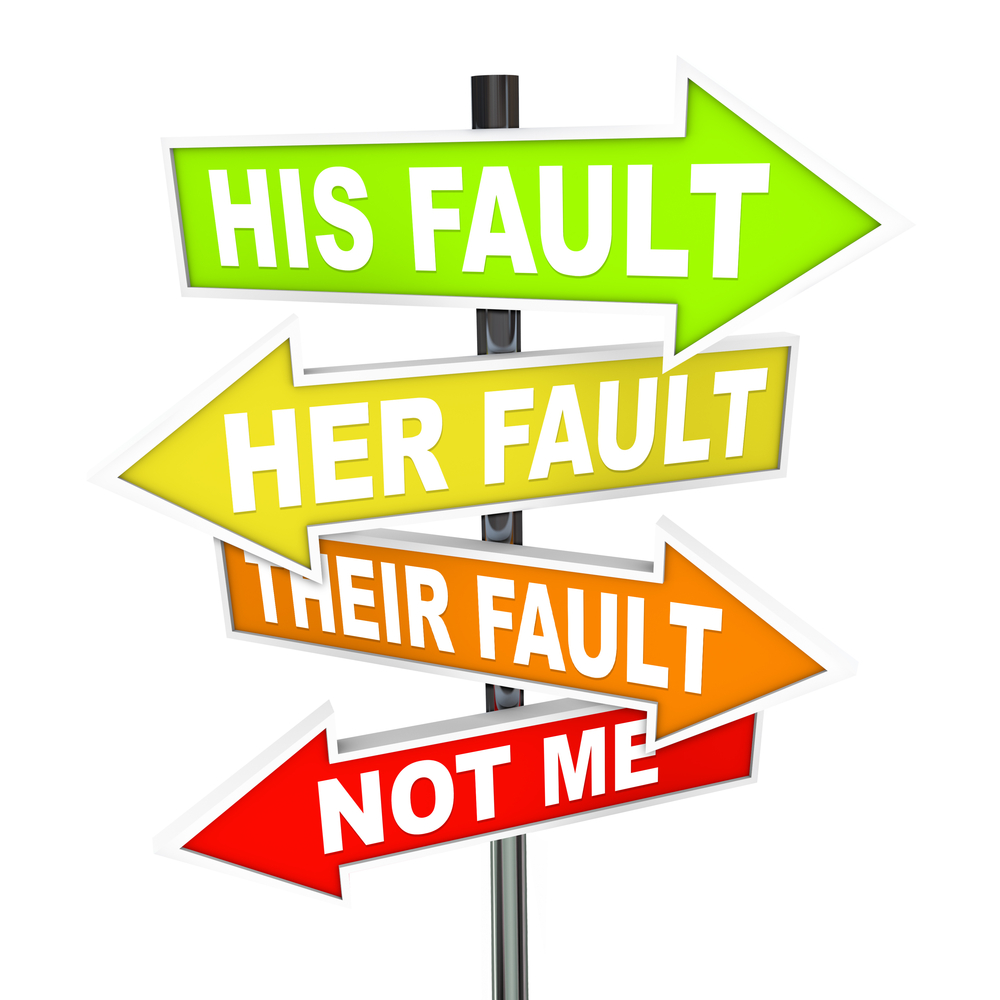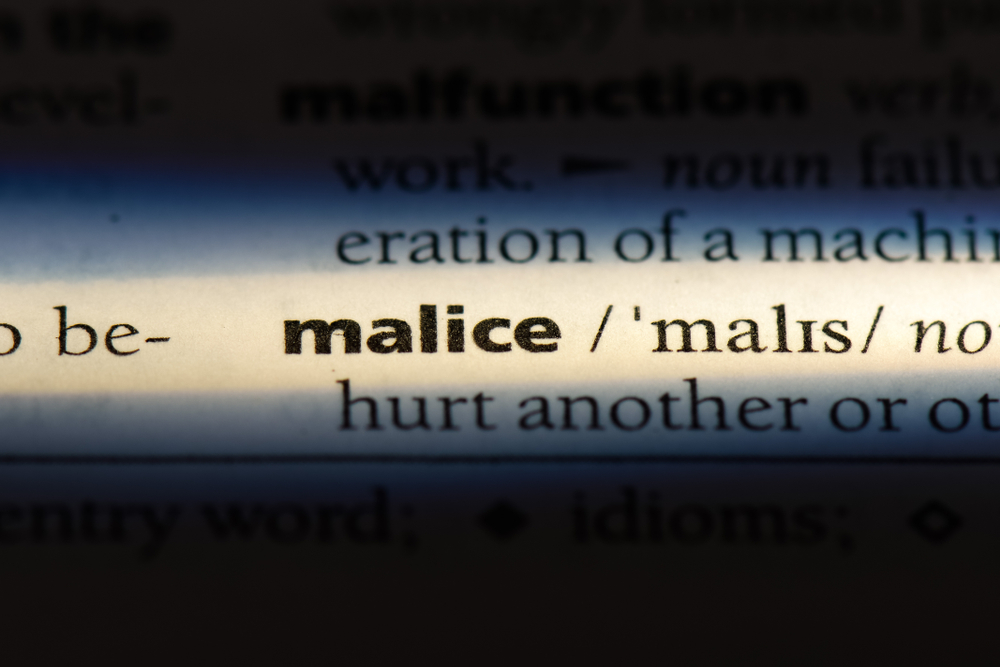Negligent Training, Retention, Supervision, and Entrustment Claims Against Individual Officers and Agents
In Jones v. Vasilias, 48 Fla.L.Weekly D568a (Fla. 4th DCA 2023), the plaintiff was injured when he was riding his bike in front of an automobile dealership. An employee of the dealership hit the plaintiff as he was leaving the dealership in a van for a delivery. The plaintiff, in addition to suing the driver of the van and the dealership, asserted claims against the dealership’s general manager and service manager in negligence for negligent training, retention, supervision, and entrustment. The trial court dismissed the negligence claims against the general manager and supervisor. The Fourth District Court of Appeal reversed...
Continue reading













